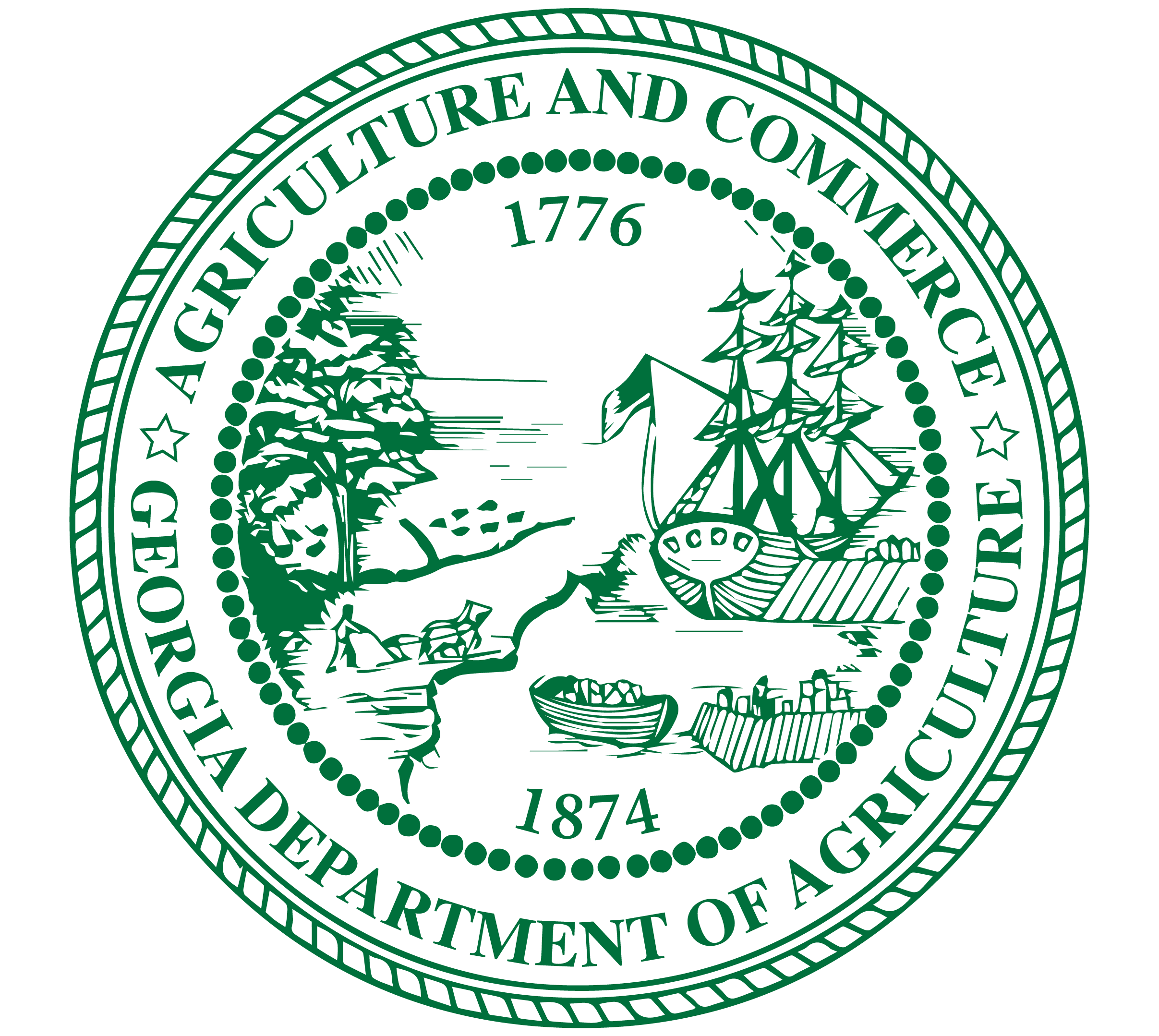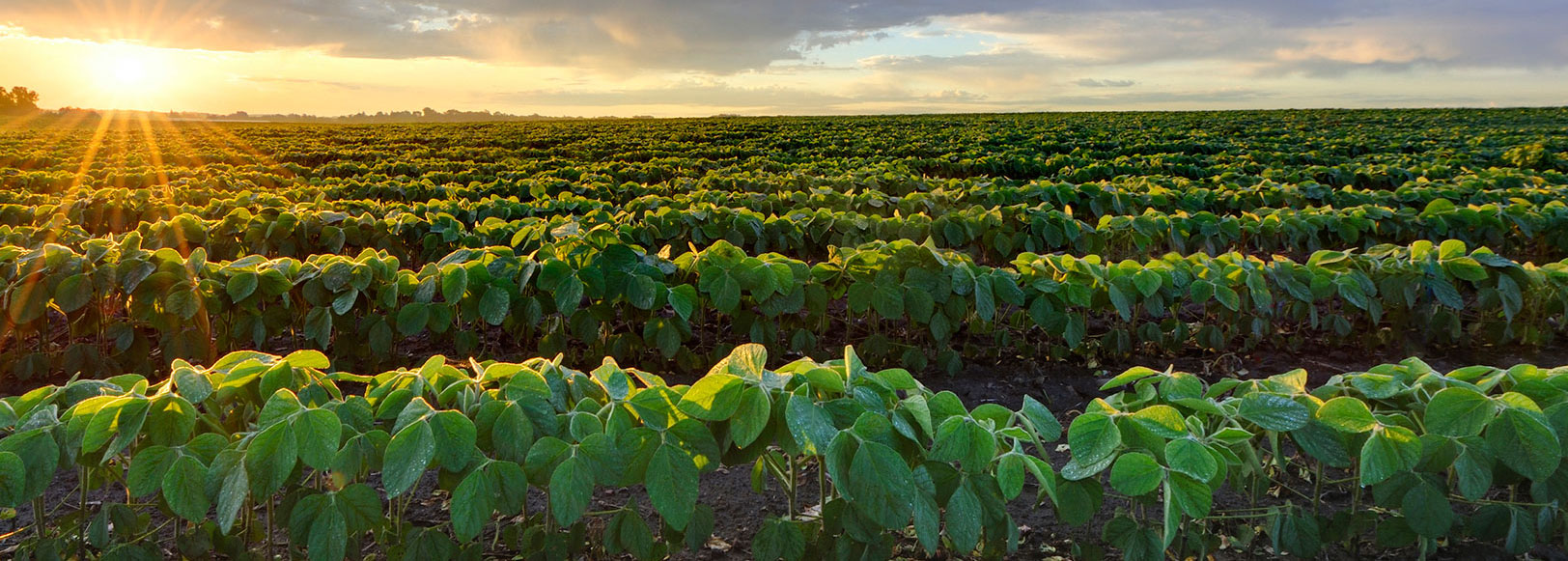This document is intended to be a Guideline which describes in simple terms a number of basic requirements which must be met before licensing manufactured food firms. For further assistance, contact us using the information below.
License Options
Small Honey Producer Selling to End-User
Georgia beekeepers are not required to obtain a Food Sales Establishment License if they process and retail their own honey on their own premises, on a door-to-door retail route, or at an established place of business owned and managed by the producer and the honey is sold directly to a household consumer as the end user (including fairs, festivals, and farmers markets).
Honey producers that fall into this category will be regulated by the Georgia Department of Agriculture but not required to obtain a Food Sales Establishment License. The honey must be processed in a sanitary environment focusing on food safety issues and follow labeling requirements.
Licensing
All other honey producers would be required to obtain a Food Sales Establishment License through the Georgia Department of Agriculture. This includes, but is not limited to, honey producers selling product for retail, wholesale, and bulk honey producers.
The Food Sales Establishment License may not be transferred from one person to another person, from one food establishment to another, or from one type of operation to another. The Department does not issue temporary permits.
Facilities
Contact with the Administrative Office in Atlanta is strongly recommended prior to the beginning of any construction. Submission of plans or a site inspection will be conducted to confirm facility has been constructed & equipped adequately to comply with regulations.
Living or sleeping quarters located on the premises of a food establishment shall be separated from rooms and areas used for food establishment operations by complete partitioning and solid self-closing doors.
Seasonal operations that are not in production year-round must not use the facility for any type of operation that would create a food safety condition or contamination when resuming the honey production. Equipment and facility shall be cleaned and sanitized before beginning the honey operation.
Receive approval from proper zoning authority for land use and comply with all other governing agencies.
Honey Producers must register their facilities with the FDA to carry out provisions of the Bioterrorism Act unless only selling retail to the end user. Registrants must complete FDA Form 3537 which can be found at http://www.access.fda.gov/.
Corporations must be registered with the Georgia Secretary of State with Active/Compliance status before receiving a Food Sales Establishment license.
Facility Requirements
Construction and Design
Exterior walls, doors, floors, and roof of processing area shall effectively protect the establishment from the weather and the entry of insects, rodents, and other animals. Exterior walking and driving surfaces shall be graded to drain.
Materials for indoor floor, wall, and ceiling surfaces under conditions of normal use shall be smooth, durable, and easily cleanable for areas where processing operations are conducted.
Floor coverings shall be designed to be easily cleanable. Wall and ceiling covering materials shall be attached so that they are easily cleanable.
Studs, joists, and rafters may not be exposed in areas subject to moisture, flushing, or spray cleaning methods.
Attachments to walls and ceilings such as light fixtures, mechanical room ventilation system components, vent covers, wall mounted fans, decorative items, and other attachments shall be easily cleanable.
Light bulbs shall be shielded, coated, or otherwise shatter-resistant in areas where there is exposed food; clean equipment, utensils, and linens; or unwrapped single-service and single-use articles.
Pest Control
Adequate measures shall be in place to preclude contamination by insects, rodents, and other pests: within the area/physical facility and its’ contents; and on the contiguous land or property.
This includes maintaining the premises by eliminating harborage conditions such as excessive vegetative growth, litter, and unnecessary items to the operation.
If windows or doors are kept open for ventilation or other purposes, the openings shall be protected against the entry of insects and rodents by using; 16 mesh to 1-inch screens, properly designed & installed air curtains, or other effective means.
Sinks
Sink requirement determined by the type of equipment used in processing operation.
Due to the nature of honey, the placement of the sinks should be conveniently located in the facility for use but not in an area that would create possible contamination to the honey.
Sanitation
Warewashing
Honey processing facilities using only clean in place (CIP) equipment shall be able to effectively wash, rinse, and sanitize equipment using sanitary methods.
Honey processing facilities using equipment that should be disassembled and/or utensils require a 2-compartment sink allowing for adequate wash, rinse, and sanitize procedure. Sink compartments shall be large enough to accommodate immersion of the largest equipment and utensils.
Handwashing
Handwashing facilities must always provide hot and cold running water under pressure and remain accessible to employees.
Water
Water from public or private water systems shall meet quality standards set forth by Georgia Department of Natural Resources regulation 391-3-5 Rules for Safe Drinking Water.
Water from a non-public water system shall be sampled at least annually and tested as required by the Department. Non-public water must be tested for both total coliform and fecal coliform. It is the establishment’s responsibility to test the water supply at the correct frequency. Sample results must be retained on file at the establishment’s location for a minimum of three (3) years and made available upon request during regulatory inspections.
The water source and system shall be of sufficient capacity and pressure to meet the water demands of food establishments.
Hot water generation and distribution systems shall be sufficient to meet the peak hot water demands.
Plumbing
A plumbing system shall be designed, constructed, and installed according to local code.
A plumbing system and hoses conveying water shall be constructed and repaired with approved materials.
Backflow prevention device or air gap required between the water supply inlet and the flood level rim of the plumbing fixture.
Recommend use of a filter to collect wax before it goes down the drain at floor and sink locations.
Sewage
Sewage shall be disposed through an approved public or individual disposal system.
County or municipal sewer system evaluation may be required to approve a grease trap, or to allow an exemption.
Toilet Facilities
Restroom(s) shall be conveniently located and equipped with at least one (1) handwash sink located in, or immediately adjacent to, the restroom.
Food
Honey shall be of sound condition and safe for human consumption and shall be obtained from sources that comply with applicable laws relating to food safety.
Records shall be kept on honey received from another source for traceability purposes.
Adulteration
Product claimed to be pure honey that has been mixed with sugar syrups, corn syrups, syrups of natural origin are considered adulterated products.
Honey Containers
Reused empty containers intended for cleaning and refilling with honey shall be cleaned and refilled in a regulated food processing plant.
Empty and/or filled honey containers shall be stored in a clean/dry location where they are not exposed to splash, dust or other contamination and properly labeled.
Equipment and Utensils
Materials used for utensils and food-contact surfaces of equipment may not allow the migration of deleterious substances or impart colors, odors, or tastes to food and under normal conditions shall be safe, durable, smooth & easily cleanable.
Personnel
Contamination from Employees
Any person who appears to have an illness, open lesion, or any other abnormal source of microbial contamination that has the possibility of contaminating food, food-contact surfaces, or food-packaging materials shall be excluded from any food manufacturing operations that could ultimately result in contamination until the condition has been corrected.
Cleanliness
All persons working in direct contact with food, food-contact surfaces, and food-packaging materials shall maintain cleanliness including wearing clean outer garments, personal cleanliness, washing hands thoroughly and adequately, removing all unsecured jewelry and other objects, maintaining gloves, wearing effective hair restraints, storing personal belongings appropriately, and taking any other necessary precautions to protect against contamination.
Testing
Retail honey producers are exempt from the testing requirements for Manufactured Food facilities subject to 40-7-18-.06.
Unless exempted from the testing requirements according to 40-7-18-.10(f), a food processing plant is required to conduct testing of finished products leaving the food processing facility, including finished product ingredients going to other facilities for use in other products, for the presence of poisonous or deleterious substances or other contaminants rendering such foods or ingredients injurious to health. Testing shall be conducted according to the risk category of the food processing plant.
An optional Written Food Safety Plan may be submitted to reduce or possibly in lieu of the testing requirements stated in 40-7-18-.06 (see 40-7-18-.09 for additional information on Written Food Safety Plans). The Department will accept, deny, or request modifications to the plan. Civil penalties are imposed if testing requirements are not followed.
Reporting
Retail honey producers are exempt from the reporting requirements for Manufactured Food facilities subject to 40-7- 18-.07.
Whenever any person or firm operating a food processing plant in this state obtains information from testing of samples or specimens of finished foods or finished food ingredients which indicates the presence of a substance that would cause a manufactured food to be adulterated with the presence of poisonous or deleterious substances or other contaminates, such person or firm shall report such test result(s) to the Department within 24 hours after obtaining such results. This includes reporting the presence of poisonous or deleterious substances or other contaminates even if the product was not distributed and the problem was corrected.
The owner or company representative will report the results by e-mail to the Georgia Department of Agriculture positiveresults@agr.georgia.gov. Civil penalties are imposed if reporting requirements are not followed.
Labels
All product labels are subject to review by the Department. Basic label requirement for food products include:
- The common name of the product.
- The net contents in definite units (Refer to 40-15-3-.08)
- Liquid, in liquid measure; solid in terms of weight; and mixture (solid and Liquid) in terms of weight
- Must be listed on the label in the bottom 30 % of the principal display panel
- Include metric declaration. For example: Net Wt. 16 oz (454 g.); or 16 Fl. Oz. (473 ml.)
- A list of ingredients (further broken down to list their sub-ingredients), the common name of each ingredient and in order of predominance by weight.
- The name and address including the zip code of the manufacturer, packer or distributor.
- Nutrition labeling unless exempt
- Allergen declaration.
The FDA has a guidance document for food labeling, in multiple languages, which can be viewed and downloaded at: http://www.fda.gov/food/guidanceregulation/guidancedocumentsregulatoryinformation/labelingnutrition/ucm20068 28.htm.
Inspection
Georgia Department of Agriculture’s Compliance Specialists shall have access during all hours of operation and at all other hours.
Inspections shall be conducted as often as the Department deems necessary to ensure compliance with these regulations and at a minimum established by Departmental directives.
Georgia Department of Agriculture and U.S. Food and Drug Administration routinely pull samples to check for pesticides and antibiotics. Honey producers shall follow label recommendations on approved treatments for various pest and diseases.
Rules and Regulations
Retail honey producers requiring a license from the Department are subject to the Retail Food Sales – Chapter 40-7-1. These regulations can be found on the secretary of State’s website: https://rules.sos.ga.gov/GAC/40-7-1.
Honey producers that wholesale or distribute are subject to Manufactured Food Regulations – Chapter 40-7-18. These regulations can be found on the Secretary of State’s website: https://rules.sos.ga.gov/GAC/40-7-18.


